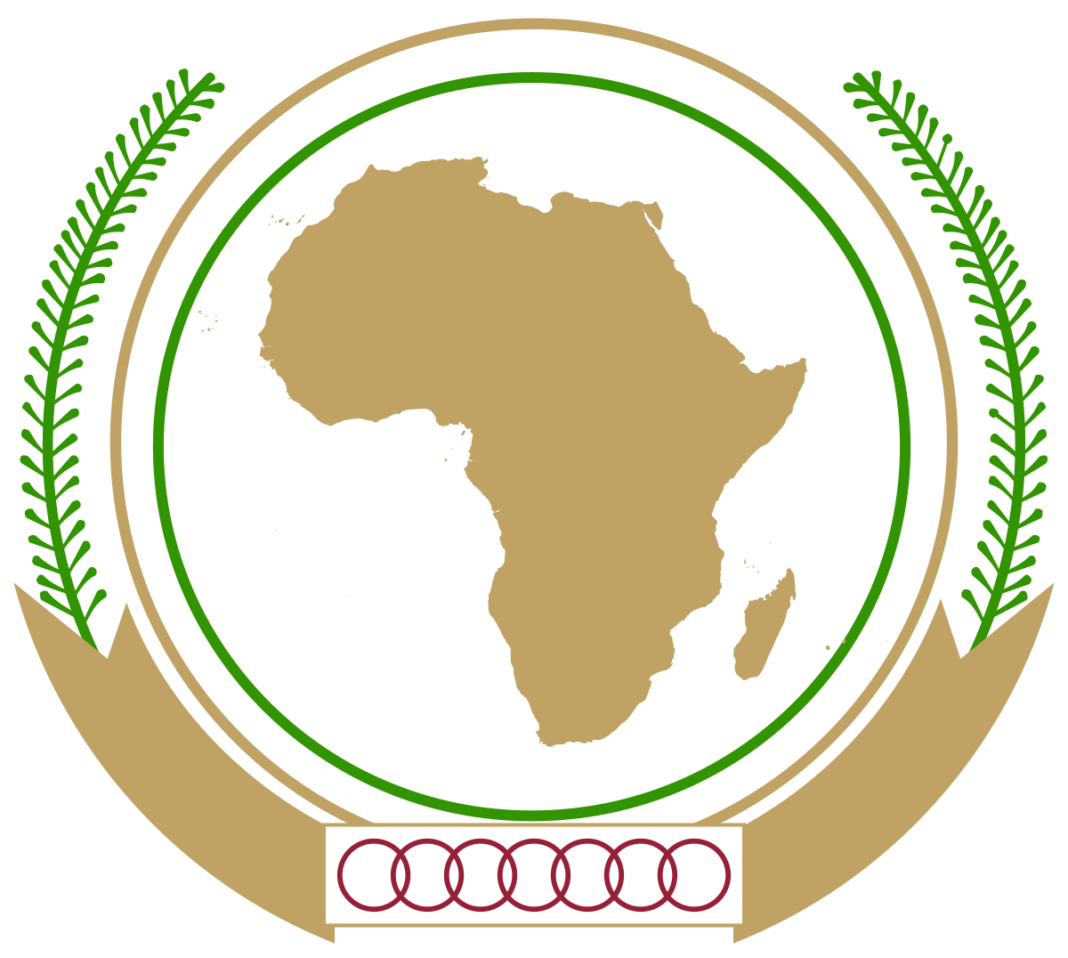The African Union has firmly stated it will not recognize a new government announced by Sudan’s paramilitary Rapid Support Forces (RSF), calling on all member states and the wider international community to reject any efforts that could divide the war-torn country.
In a statement issued Wednesday, the AU’s Peace and Security Council condemned the RSF’s recent move to form what it described as a “government of peace and unity,” warning it poses a serious threat to peace efforts and the future of Sudan.
“The Council calls on all AU Member States and the international community to reject the fragmentation of Sudan and not recognize the so-called ‘parallel government’,” the statement read. It added that such actions could have “serious consequences on the existential future of the country.”
The RSF announced its new administration on Saturday, naming Mohamed Hassan al-Ta’ayshi as prime minister and unveiling a presidential council. The move follows more than two years of brutal civil war, triggered in April 2023 by a violent power struggle between army chief Abdel Fattah al-Burhan and RSF leader Mohamed Hamdan Dagalo, also known as Hemeti.
The AU also denounced what it described as “external interference” exacerbating the conflict, echoing repeated warnings by the United Nations of foreign actors fueling the war.
Sudan is now effectively split: the army controls the north, east, and central regions, including the recently recaptured capital Khartoum, while the RSF maintains dominance in most of Darfur and parts of Kordofan. Local human rights groups report hundreds have been killed in recent RSF attacks.
The internationally recognized government, established in May and led by former UN official Kamil Idris, remains backed by the Sudanese army.
UN officials have voiced concern that the RSF’s declaration could further fracture the country and complicate diplomatic initiatives aimed at ending a conflict that has already killed tens of thousands and displaced millions—creating what the UN has called the world’s largest hunger and displacement crisis.
The war’s origins lie in the breakdown of an uneasy alliance between Burhan and Dagalo, who jointly overthrew long-time autocrat Omar al-Bashir in 2019 but later derailed Sudan’s transition to civilian rule with a coup in 2021. Their falling-out has plunged Sudan into a devastating and prolonged war.
By Edward Sharman



